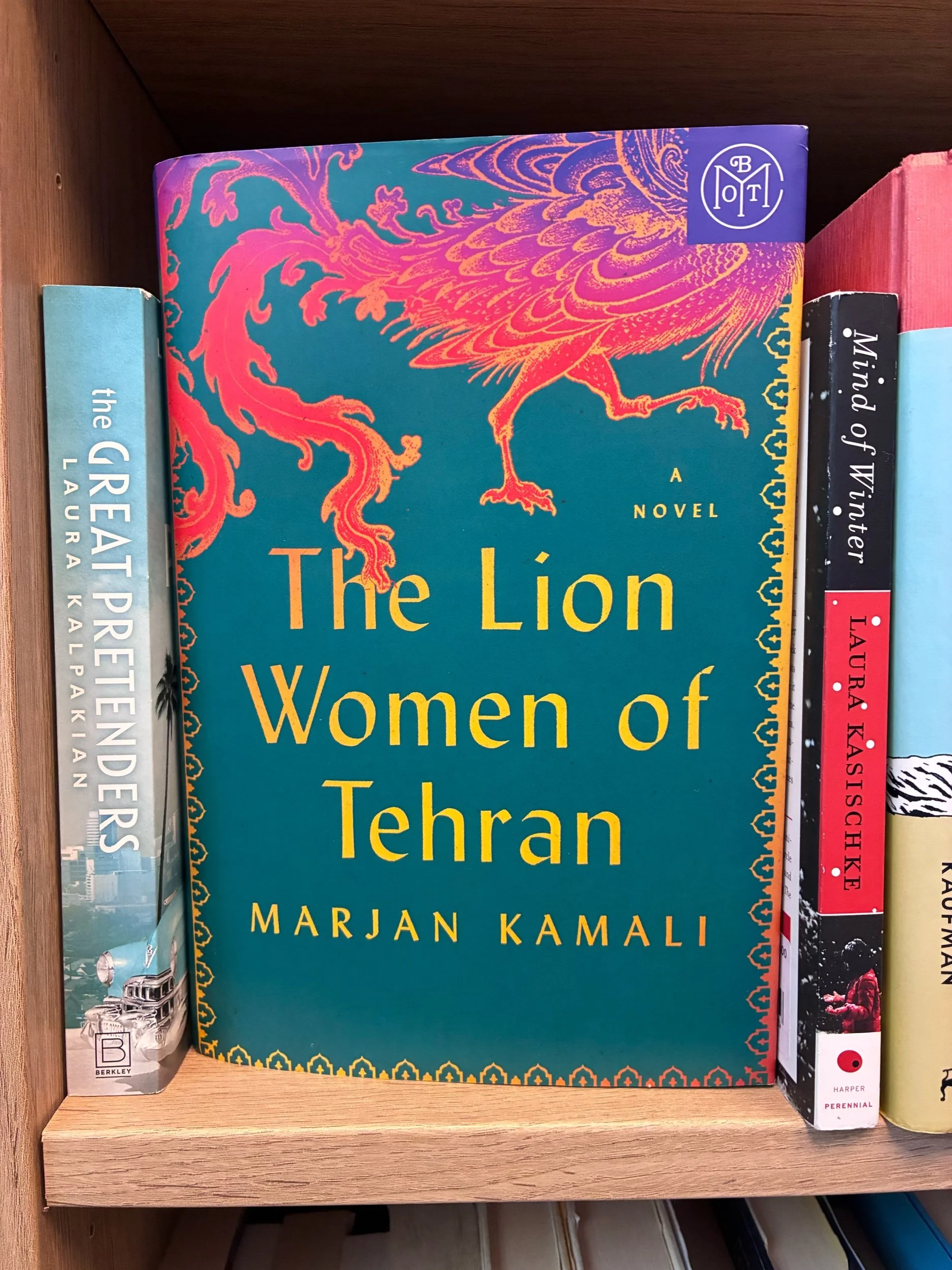Butcher's Crossing
Throughout my literary course of study (in undergraduate and graduate school) I never heard the name John Williams. Granted, I focused on Irish and British literature, and yet I heard no praise songs sung of Williams as an understated literary giant of American 20th-century letters. Cormac McCarthy fans abounded, but Williams’ works remained quietly sitting on the shelf. This was the late 1990s/early 2000s. While I spend little time in university seminar classrooms now, I am so pleased that Williams has begun to be recognized for the genius of his prose. This fall I lost myself in the wilds of John Williams’ Butcher’s Crossing (1960) and quickly recognized its power and its brilliance.
This western novel follows the path of Harvard student, William Andrews. Andrews leaves the comforts of civilized life back East to venture westward. It is the age of the great bison hunts, of making one’s fortunes in the unclaimed lands of the American West; it is the late 1800s and the romance of the West calls young Will Andrews. The imperative of the day—go west, young man— seems to drive him. As he pulls into Butcher’s Crossing, a pop-up boom town whose economy is largely reliant on the buffalo hide boom, Andrews naivety surfaces quickly. He meets a captivating (immigrant) whore, with whom he knows not what to do, and a pair of buffalo hunters. In quintessential Western themed setting, Andrews is persuaded to fund a last buffalo hunt that will take he and the hunters into Colorado’s mountain country in search of a bison herd vision of years past. Miller, the expedition’s leader and a veteran hide hunter, stands large in Andrews’ inexperienced mind, but as the novel and their adventures progress his flaws become more than apparent.
Butcher’s Crossing is a brilliant revisionist Western as it lays the groundwork for later works like The Power of the Dog and Blood Meridian. It departs from the simplistic narratives of romanticized masculinity, taming Western landscapes, and heroic individualism. It sheds light in the dark corners of those narratives and exposes the psychological torment lurking there. The romantic appeal of the American West may be real, Williams’ novel contends, but as Andrews discovers, little is as idyllic as it may initially appear. John Williams’ novel reveals the senseless greed and wildly problematic decimation at the heart of the final moments of the great bison slaughter. Melancholy and grief set the mood by the novel’s end, in stark contrast to the optimistic adventurousness of its first half. Despite it all, the West remains a landscape into which a much less naive young Andrews will ride.
John Williams wrote only four novels: Butcher’s Crossing (1960), Stoner (1965), Augustus (1972), and Nothing But The Night (1990). Having read his first two (find a review of Stoner here), I look forward to reading his later two in time. Williams’s writing is direct and cutting; it is also heart achingly human. His characters are tragic in their disappointments and dashed dreams which his readers recognize as phantoms, perhaps, of their own. Butcher’s Crossing is an iconic read for any lover of American literary fiction, particularly those of called to read the American West.
Bibliography:
Williams, John. Butcher’s Crossing. Vintage Books: 2014.
Nijhuis, Michelle. “Butcher’s Crossing Betrays the Brilliant Novel that Inspired It.” Lit Hub. 18 Oct. 2023. https://lithub.com/butchers-crossing-betrays-the-brilliant-novel-that-inspired-it/
A Few Great Passages:
“It came to him that he had turned away from the buffalo not because of a womanish nausea at blood and stench and spilling gut; it came to him that he had sickened and turned away because of his shock at seeing the buffalo, a few moments before proud and noble and full of the dignity of life, now stark and helpless, a length of inert meat, divested of itself, or his notion of its self, swinging grotesquely, mockingly, before him. It was not itself; or it was not that self that he had imagined it to be. That self was murdered; and in that murder he had felt the destruction of something within him, and he had not been able to face it. So he had turned away” (176).






